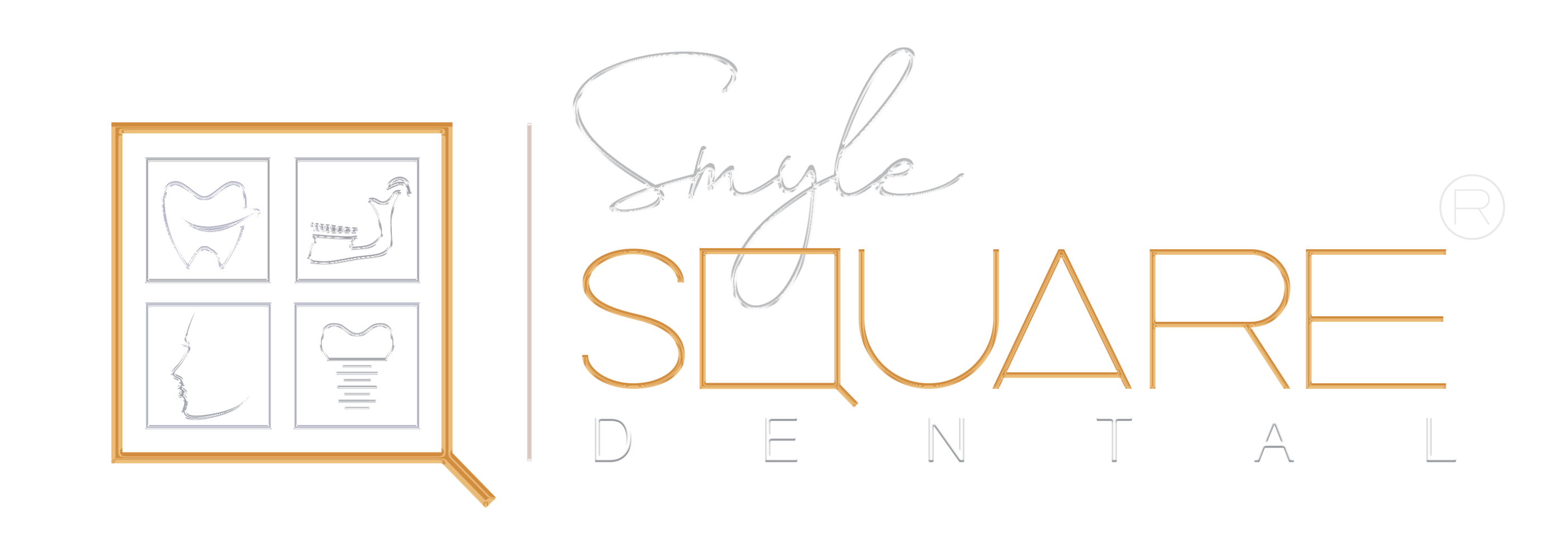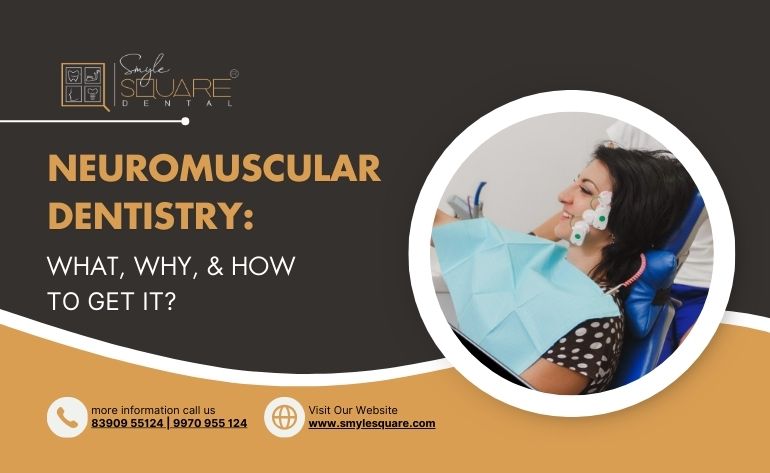An area of dentistry that focuses on the interaction of the jaw joints, muscles, and teeth is called neuromuscular dentistry. Neuromuscular dentistry is considered the complete system in charge of maintaining good jaw alignment and function, in contrast to traditional dentistry, which focuses mostly on teeth and gums. If you suffer from headaches, jaw pain, or discomfort when chewing, this cutting-edge dental field can help.
1. What Is Neuromuscular Dentistry?
Neuromuscular dentistry aims to attain the best possible equilibrium between the muscles, jaw, and teeth. It employs a thorough diagnostic and therapeutic approach to address problems associated with jaw dysfunction and bite misalignment (malocclusion). To make sure that the entire system works in unison, dentists who specialize in this area examine how the muscles, nerves, and joints interact using sophisticated diagnostic instruments.
2. Why Is Neuromuscular Dentistry Important?
Many people experience chronic headaches, neck pain, or jaw pain without realizing that their bite position may be the underlying cause. Muscle strain from a misaligned bite can result in chronic pain. In order to solve these issues, neuromuscular dentistry concentrates on:
- TMJ Disorder Relief: Lowering temporomandibular joint dysfunction-related pain and suffering.
- Headache and Migraine Reduction: A well-positioned bite helps lessen migraines and tension headaches.
- Improved Jaw Function: Improves the comfort of speaking, chewing, and jaw movement.
- Better Posture: A properly placed jaw eases shoulder and neck tension and promotes improved posture.
3. How Does Neuromuscular Dentistry Work?
Three crucial steps are included in the neuromuscular dentistry therapy process:
Diagnosis:
- Muscle activity is measured using sophisticated instruments like electromyography.
- The jaw tracking system tracks position and movement.
- Muscles are relaxed via transcutaneous electrical nerve stimulation, which also aids in determining the optimal jaw position.
Treatment Options:
- Orthotics: The bite can be corrected with the use of a temporary oral device.
- Bite Realignment: The perfect bite position is achieved by making adjustments.
- Orthodontics or Restorative Procedures: To keep a stable, functional bite, braces, dental crowns, or veneers may be required.
Step-by-Step Process:
- After evaluating the bite, the dentist finds any misalignment.
- A customized treatment strategy has been developed to address particular jaw-related problems.
- For the appropriate adjustment and sustained comfort, treatment is tracked over time.
4. Who Needs Neuromuscular Dentistry?
Neuromuscular dentistry may be advantageous for you if you suffer from:
- Migraines or persistent headaches.
- Opening and closing your mouth, you may experience jaw pain, stiffness, or clicking sounds.
- Bite misalignment causes strain in the neck and shoulders.
- Chewing difficulties or persistent jaw pain.
- Ringing or pain in the ears that cannot be explained.
It might be time to see a neuromuscular dentist if any of these symptoms seem familiar.
5. How to Find a Qualified Neuromuscular Dentist
For successful therapy, selecting the best neuromuscular dentist is essential. Here’s what to look for:
- Specialized Training: Make sure the dentist is skilled in treating TMJs and neuromuscular approaches.
- Advanced Technology: For an accurate diagnosis, a reputable clinic should use technologies like jaw tracking, EMG, and TENS units.
- Experience in Bite Correction: Inquire about their background in treating TMJ and malocclusion issues.
- Patient Reviews and Testimonials: To learn more about other patients' experiences, read reviews– online and offline.
- Personalized Treatment Approach: The top dentists customize treatment regimens to meet the specific requirements of each patient.
Neuromuscular dentistry goes beyond conventional dental therapy by treating the underlying causes of headaches, bite misalignment, and jaw pain. This specialty area provides a long-term remedy for better comfort and function if you have been dealing with TMJ-related issues. You can greatly improve your quality of life by seeking treatment from a trained neuromuscular dentist. Don't disregard ongoing jaw pain, and consult a Neuromuscular dentist immediately.
If you are looking for neuromuscular dentistry in Fursungi, book an appointment with Smyle Square Dental Clinic for personalized dental care.



